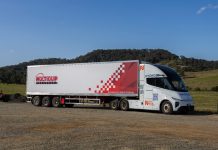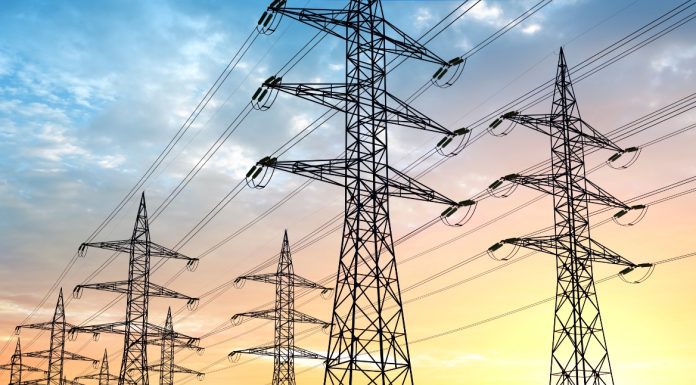
The National Electric Vehicle Strategy (the Strategy) update for 2023-24 has been released, showcasing a period of rapid evolution in Australia’s electric vehicle (EV) landscape.
Since the Strategy’s initial rollout in April 2023, the country has witnessed a remarkable transformation, characterised by a substantial increase in both the availability and affordability of EV models.
According to the government, this surge has led to a nearly twofold expansion in Australia’s EV adoption and charging infrastructure over the past year.
The primary objective of the Strategy remains steadfast: to boost EV uptake, thereby reducing emissions and enhancing the well-being of Australians.
This update outlines progress towards six key outcomes aimed at transforming Australia’s transportation sector:
- Expanded EV Availability and Choice: The Strategy has broadened the range of EV models available, giving consumers more options to choose from and meeting diverse needs and preferences.
- Reducing Road Transport Emissions: Efforts to cut emissions from road transport are making headway, contributing significantly to Australia’s climate goals and reducing the environmental impact of the transportation sector.
- Improved Charging Infrastructure: The expansion of EV charging stations has been a major focus, with new installations making it easier for Australians to charge their vehicles nationwide, thus alleviating one of the major barriers to EV adoption.
- Local Manufacturing and Recycling: The Strategy has also prioritised the growth of local EV manufacturing and recycling capabilities. This focus not only supports Australian industry but also ensures that the lifecycle of EVs contributes to a circular economy.
- Increased Affordability: Efforts to make EVs more affordable have seen positive results, with the cost of purchasing an electric vehicle becoming more accessible for a broader range of Australians.
- Reduced Running Costs: The ongoing reduction in the cost of operating an EV is another critical outcome, making electric vehicles an economically attractive alternative to traditional combustion-engine cars.
The Strategy’s annual update measures the government’s progress towards these outcomes, highlighting advancements in both new and ongoing initiatives.
The report also includes notable achievements from the past year, underscoring the significant strides made in transforming Australia’s transport sector towards a more sustainable future.
For further details, read the full National Electric Vehicle Strategy report here.




















